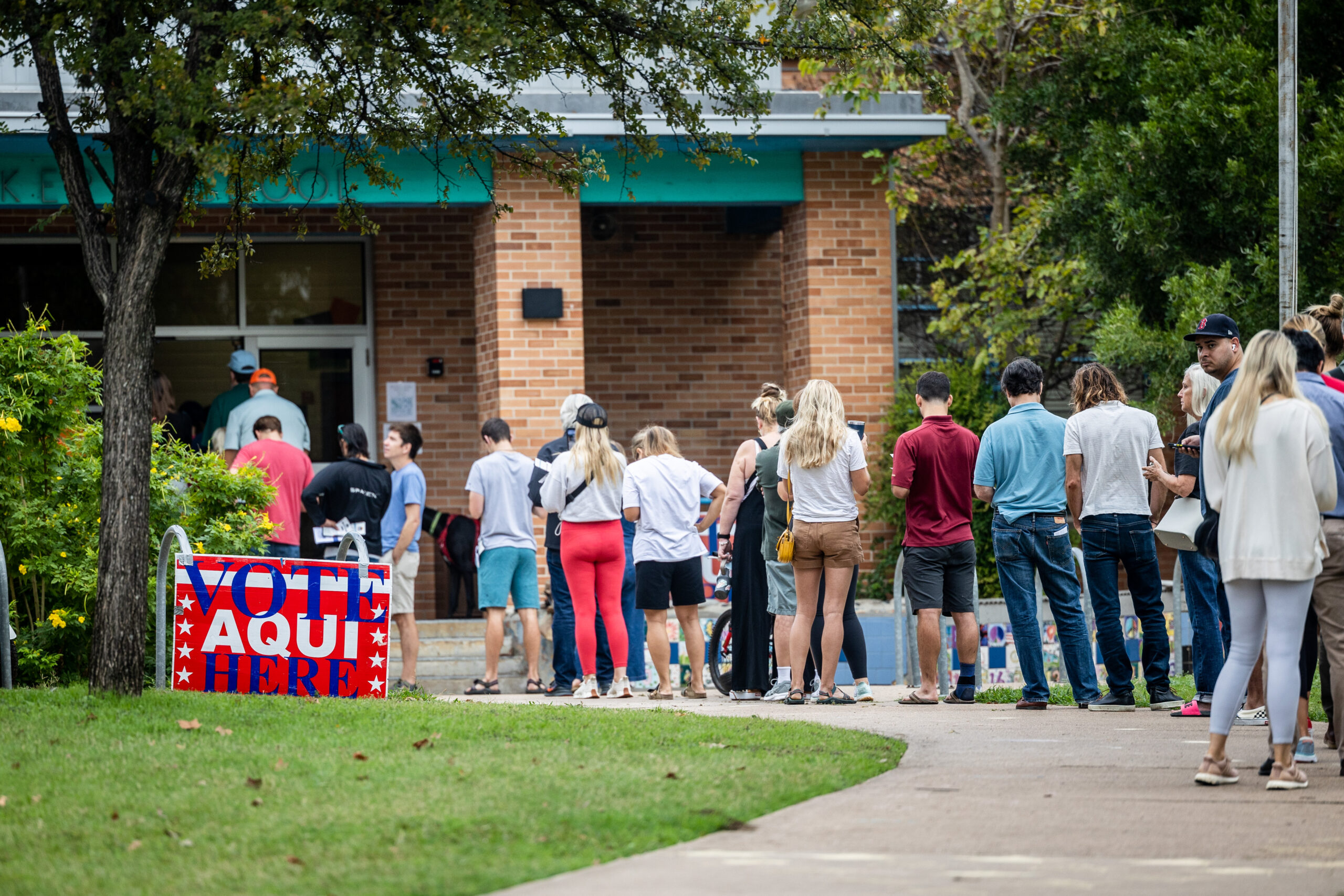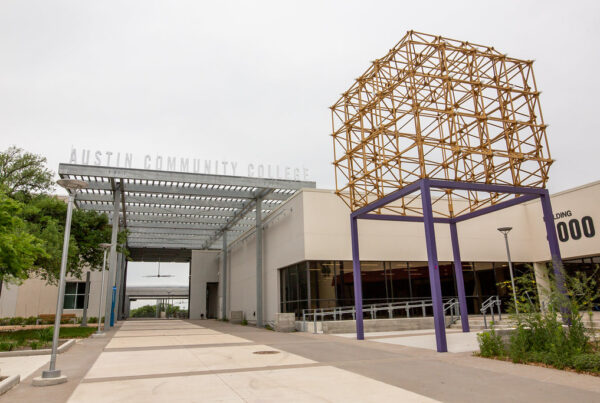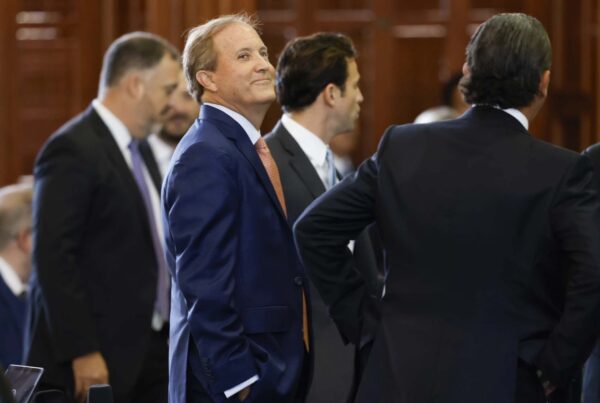The clock is ticking down to the November elections – it’s just a little over seven months away.
Polls are very much a part of the political process, providing a snapshot of our electorate into which candidates they prefer, or what issues are most important to them. But what do we make of it when many polls seem to have conflicting results?
Joshua Blank is the research director of the Texas Politics Project. He spoke with Texas Standard on polls, polling methodology, and what to expect between now and November. Listen to the interview above or read the transcript below.
This transcript has been edited lightly for clarity:
Texas Standard: How big of a role does polling play for voters or candidates ahead of these elections?
Joshua Blank: Well, it clearly plays a huge role for candidates. I mean, it informs their strategy and really conditions the kind of messages and the things that they talk about.
I think for voters, you know, many don’t pay as much attention to polls as we do. But I think for voters, it provides context.
I mean, yes, the horse race numbers are the things that get the most attention. But in a lot of ways, if you’re a voter who wants to understand more about the campaign, more about the candidates and the process unfolding, polls provide an unparalleled look into the electorate and provide, I think, extensive context around elections.
You know, it was interesting. Just a couple of days ago, President Biden was hitting the campaign trail talking about how you can’t trust the polls, saying, basically, polls have changed so much in recent years – what with cell phones replacing landlines as the most common way of reaching out to potential respondents – you can’t trust them. Well, what does that do to the results? I mean, does it, as the president was suggesting, skew the results?
I don’t think so. I mean, look, I would say this: you’ll always hear criticism of the polls from people who are not doing well in the polls. And then at the same time, those same candidates, those same politicians, when the polls favor them will say, “we have the people behind us.”
And so, I think, you know, those sorts of criticisms have to be taken with a grain of salt, because the same people who criticize one result will go into the very same poll and find a result they like and trumpet it as the truth.
» GET MORE NEWS FROM AROUND THE STATE: Sign up for Texas Standard’s weekly newsletters
All right. Well, there are critics of polls out there among the electorate who say this becomes a kind of self-fulfilling prophecy. As viewers hear about the polls, they think “my candidate’s not doing that well. I’m not going to go out and cast a ballot because what’s the point?” What’s your response to that sentiment?
I mean, look, I wish that as a pollster, I had that kind of power over the electorate. But I don’t think that any of the data and research really indicates that that’s likely to be true.
Now, look, to the extent that the polls provide a somewhat at least a relatively accurate reflection of the electorate, that might be rational. I mean, ultimately, if one candidate is trouncing the other candidate, it may not be that rational of a decision for a voter to show up. And in an election that is particularly close, which we know because of polling, then it makes all the more difference for partisans on both sides to show up and vote.
But I think this idea that polling somehow determines, you know, the decisions of voters is a little far-fetched and really not supported by any data.
Well, then let’s talk a little bit about if we should be looking for trends in polls. I mean, these are supposed to be snapshots of the electorate, right? What would you say if you were trying to analyze what these polls are telling us as we head up to November?
You know, as a professional pollster this far from the election, I’m not really that concerned about the ballot numbers – who’s up or who’s down – because we’re so far out from the election. We really don’t know who the electorate is or what it’s going to look like yet.
But what I am looking at is the macro trends that I think condition election outcomes – in particular, how voters view the economy. And so right now what we’re wondering is, with sort of strong economic numbers in a lot of areas but persistently high prices, when we get to the fall, when we sort of get to when the campaign really begins for most people, have voters come around and decided that the economy is good, or do they still feel like it’s bad?
And that in and of itself is going to tell us what kind of election to expect and really who has the advantage.













